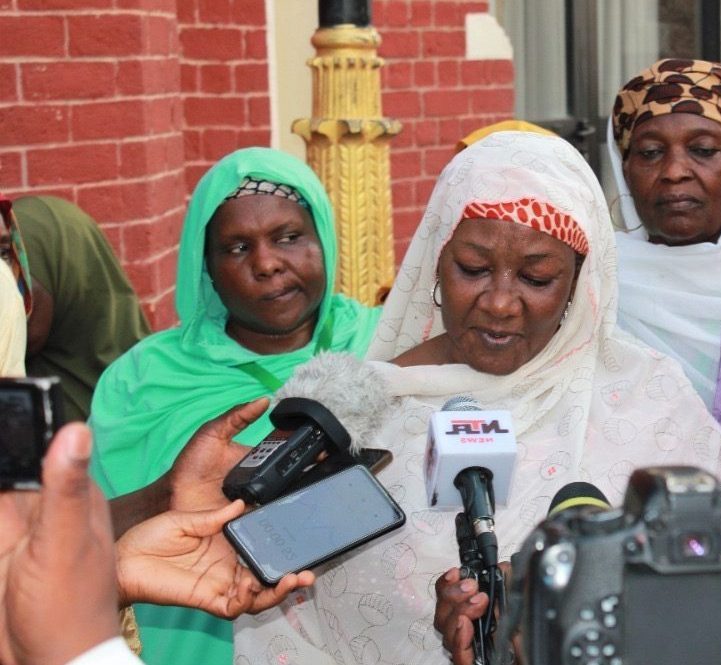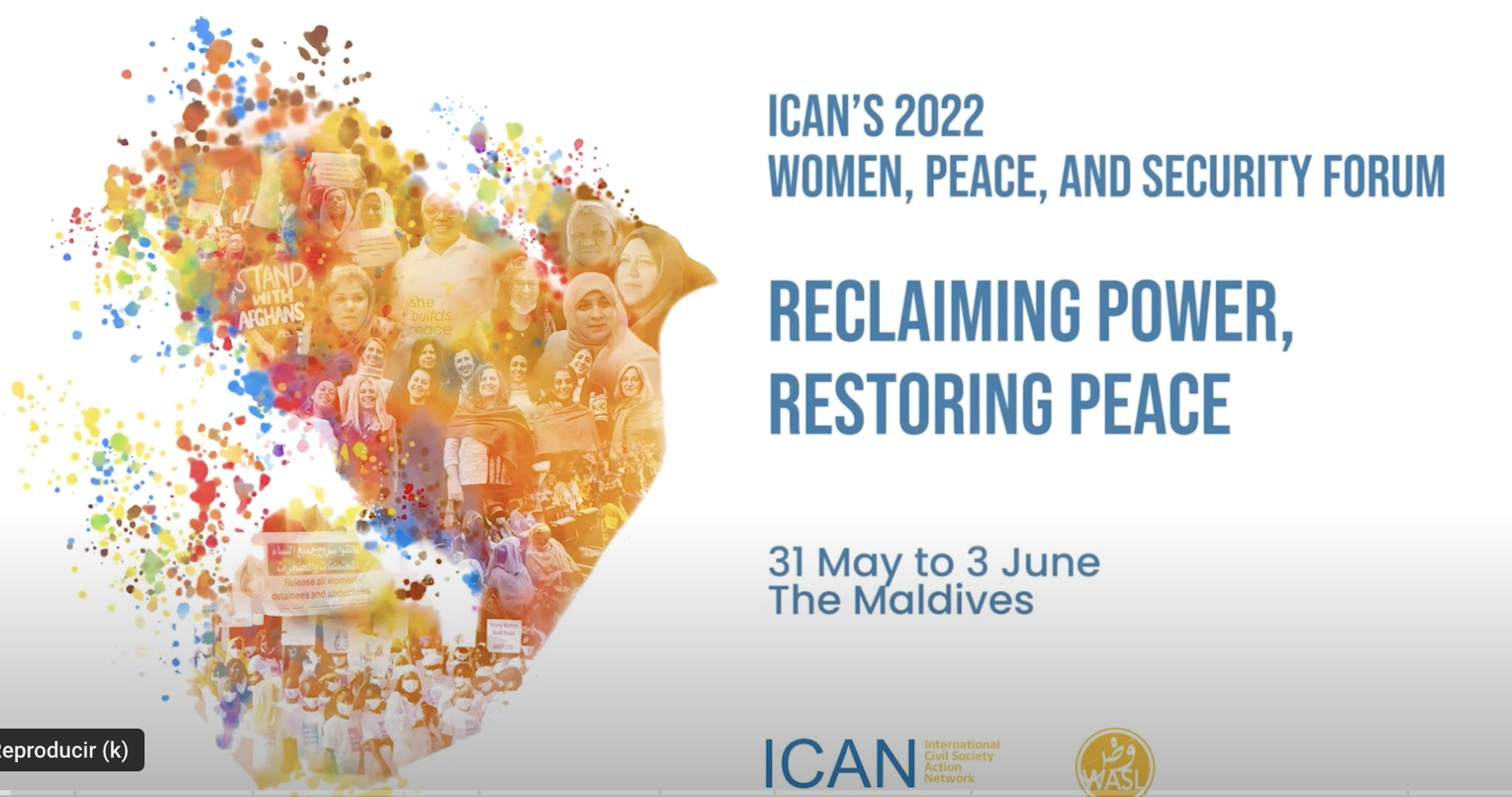Women are the first to see, hear, feel, and respond to rising extremism
Extremist movements promote hyper-masculinity—that women are meant to be subservient to men—much of which is laced with violence. At the same time, they understand the power and influence women can have in conveying values and ideas and seek to co-opt and coerce them into their ideologies.
ICAN seeks to transform the policy and practice of P/CVE through gender analysis, technical support, training, and advocacy that advances the pioneering work and expertise of women peacebuilders.
We highlight the expertise and impact of our partners in WASL in addressing extremisms by promoting peace, resilience, equality, and pluralism, tailored to, and rooted in, their local contexts.

I realized I must change the narrative from ‘Boko Haram,’ which means western education is forbidden, to ‘Boko Halal,’ which means western education is accepted, hence I came up with a counter-narrative.
“Our partners detect early warning signs and work to prevent and counter extremisms. With their access and trust in their communities, they are well-positioned to understand the cultural aspects, build counter narratives, and take a holistic approach to PVE.”
— Stacey Schamber, Senior Program Officer, ICAN

“The global policy discourse is framed around ‘preventing or countering violent extremism and terrorism.’ This is negative. At ICAN and in WASL, we ask, ‘What are we for? What should we promote and offer?’ The answer is PREP: Peaceful means of resolving conflicts, Resilience to withstand crises and hate speech, Equality to value all human life, especially women’s lives, and Pluralism to embrace our shared humanity and the strength in our diversity.”
— Sanam Naraghi Anderlini, MBE, Founder and CEO, ICAN



